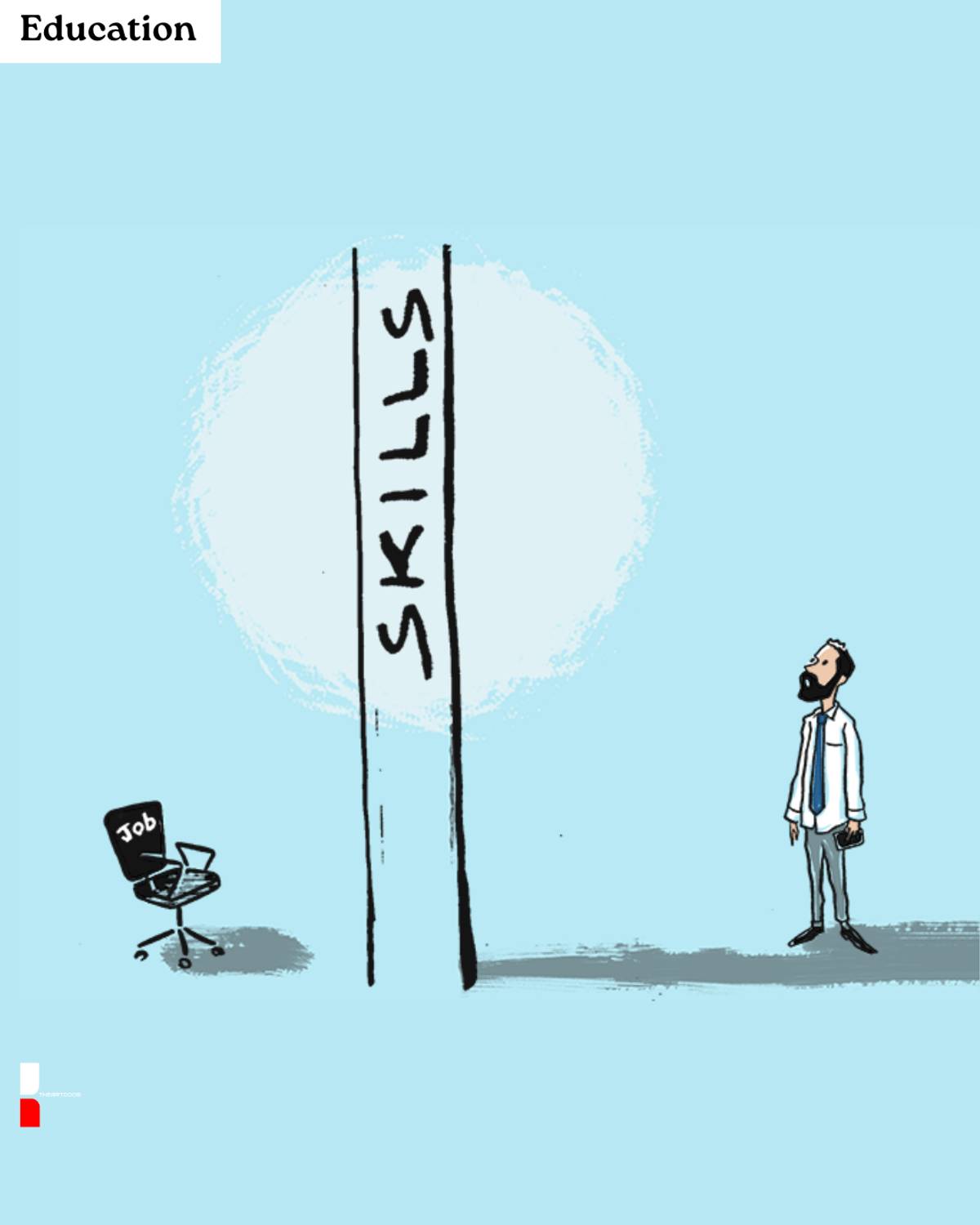Act the Part: How Embodied Cognition is Transforming Learning and Personal Growth
By Ariel Rose | Editor in chief: Adrienne Carter
Share
Photo : Transformative Education
In classrooms and boardrooms across the globe, a quiet revolution is underway, one that doesn't rely on memorization, rote drills, or even wishful thinking. It's called Embodied Cognition, a concept from cognitive science that’s now gaining traction in educational psychology and personal development. And its implications could change the way we teach, learn, and grow.
At its core, embodied cognition suggests that the brain doesn’t merely process information in a vacuum, it’s deeply influenced by the body’s movements, emotions, and actions. In simpler terms, how you act can shape how you think.
Pretend Until It’s Real And Then It Is
The concept was once brushed off as self-help fluff. "Fake it till you make it" sounded more like pop psychology than serious science. But emerging research has given the idea solid footing. Studies show that when individuals adopt the posture, language, and behaviors of confidence, intelligence, or success even if they’re ‘pretending’ their brains begin to form the same neural pathways as if they already had those qualities.
This has significant implications in education. Students who “act” like scientists, asking questions, forming hypotheses, conducting experiments, begin to think like scientists. When learners adopt behaviors associated with leadership or curiosity, their brains start reinforcing those traits as part of their identity.
Classroom Applications: More Than Just Sitting Still
Educators are beginning to take notice. Rather than confining students to passive learning, schools are designing curricula that incorporate role-playing, physical movement, and behavior-based learning. In one California middle school, for instance, students in a civics class don’t just learn about democracy, they simulate a functioning government, debating policies and drafting laws. Teachers report higher engagement and deeper comprehension.
“By embodying what they learn, students internalize it faster and more authentically,” says Dr. Lillian Ortega, a cognitive scientist at Stanford. “This isn't magic. It's neuroscience.”
Behavior Before Belief
The breakthrough idea here is that behavior precedes belief. You don’t need to believe you’re capable before you start behaving like someone who is. In fact, by taking action first—walking taller, speaking with confidence, showing up prepared, the belief often follows.
This insight has helped not just students, but also those battling imposter syndrome, low self-esteem, or career uncertainty. “When I started behaving like I deserved a seat at the table, my brain caught up,” says Marcia Ellis, a first-generation college graduate now working in finance.

Photo : library.neura
Moving Forward: Implications for Educators and Parents
The embodied cognition approach is now prompting educators to rethink their strategies. Instead of overloading students with abstract theory, teachers are turning to simulation, storytelling, and real-world modeling. Parents, too, are being encouraged to focus less on verbal praise and more on encouraging action, getting their children to do the thing they wish to become.
While more research is needed to refine how this model is applied, one thing is clear: our brains are not as bound by current reality as we once believed. If we behave differently, we can think differently, and that’s a powerful tool for education and beyond.
Takeaway: Embodied cognition suggests your brain rewires based on how you behave, not just what you believe. For educators, parents, and learners, that’s a game-changing insight.


